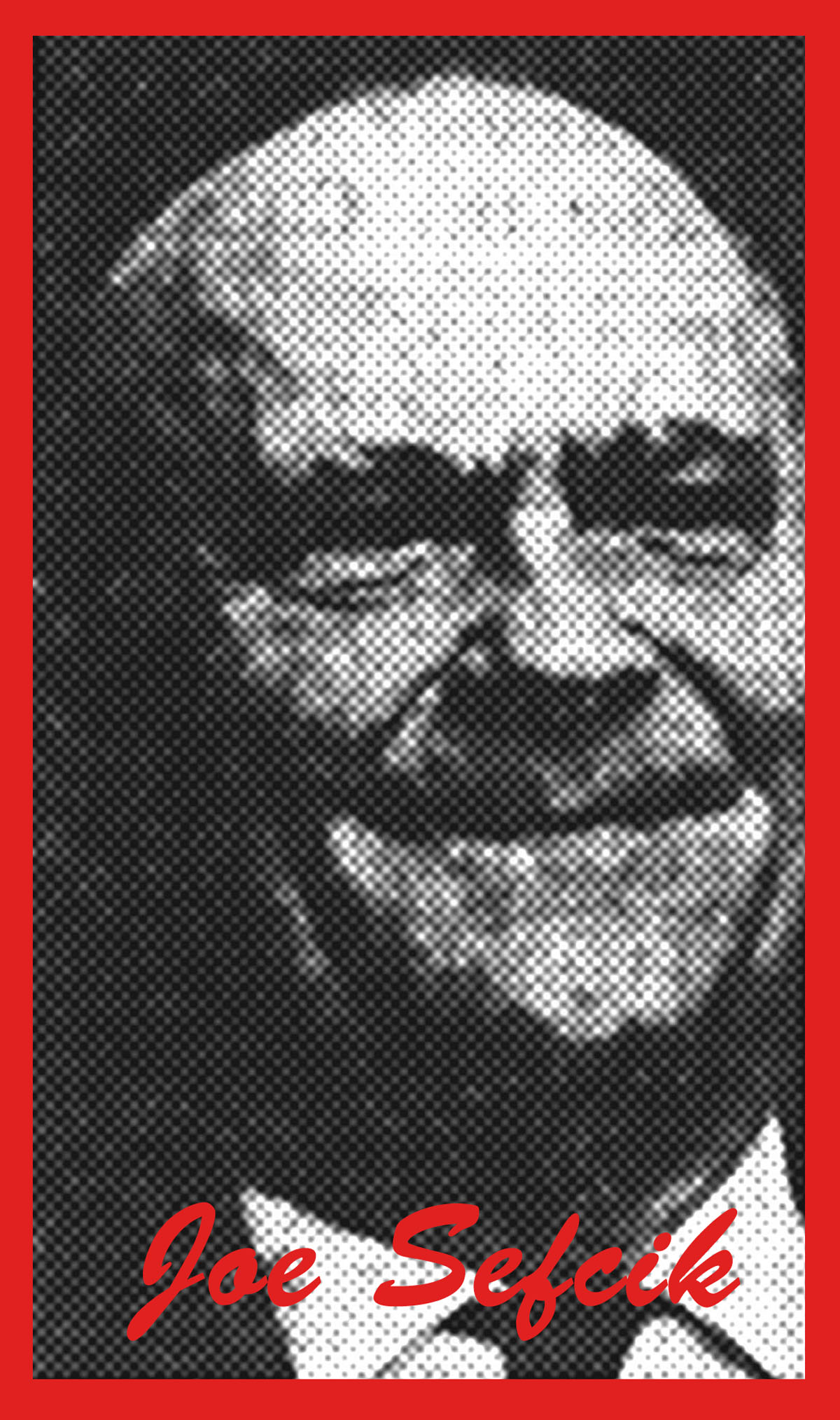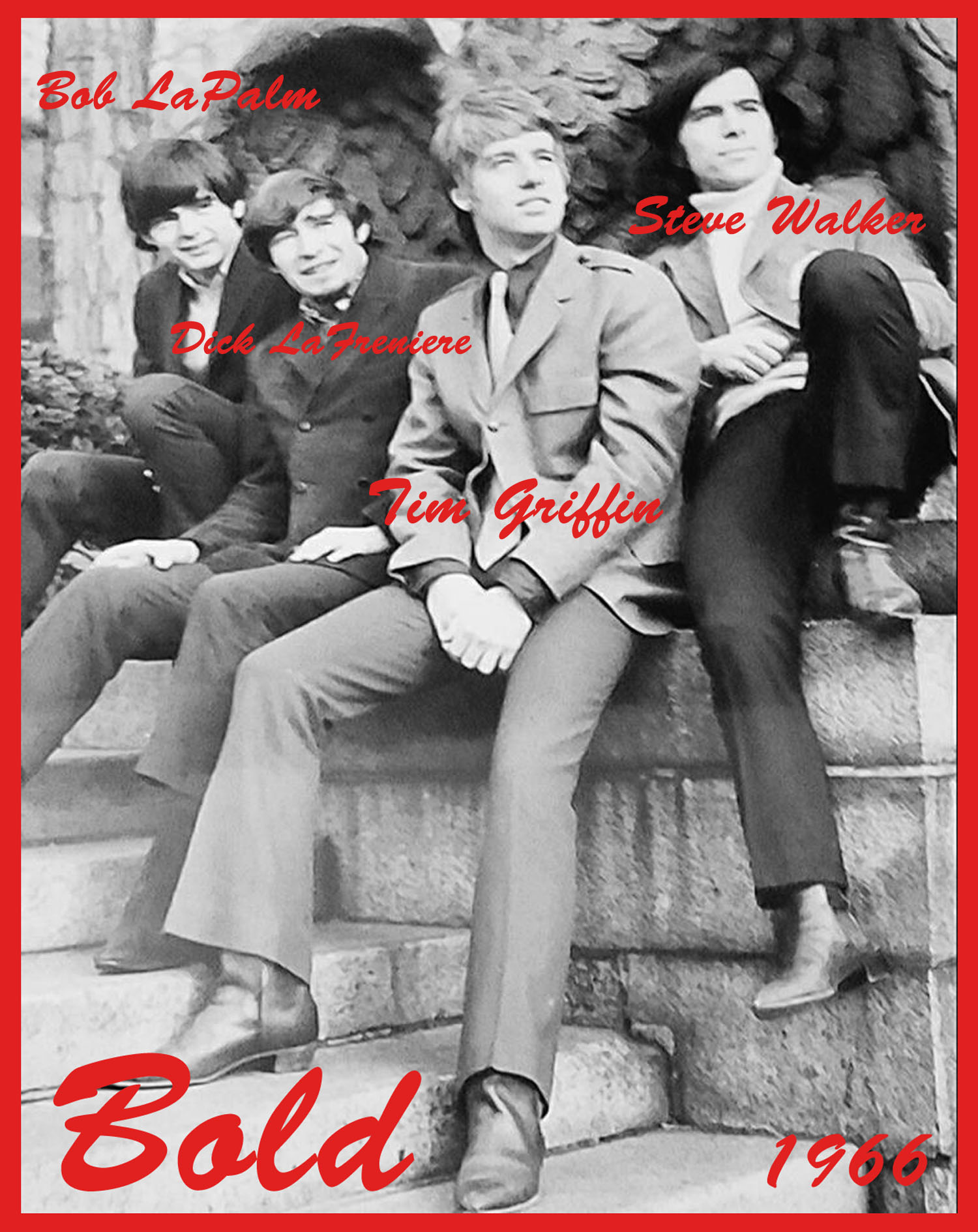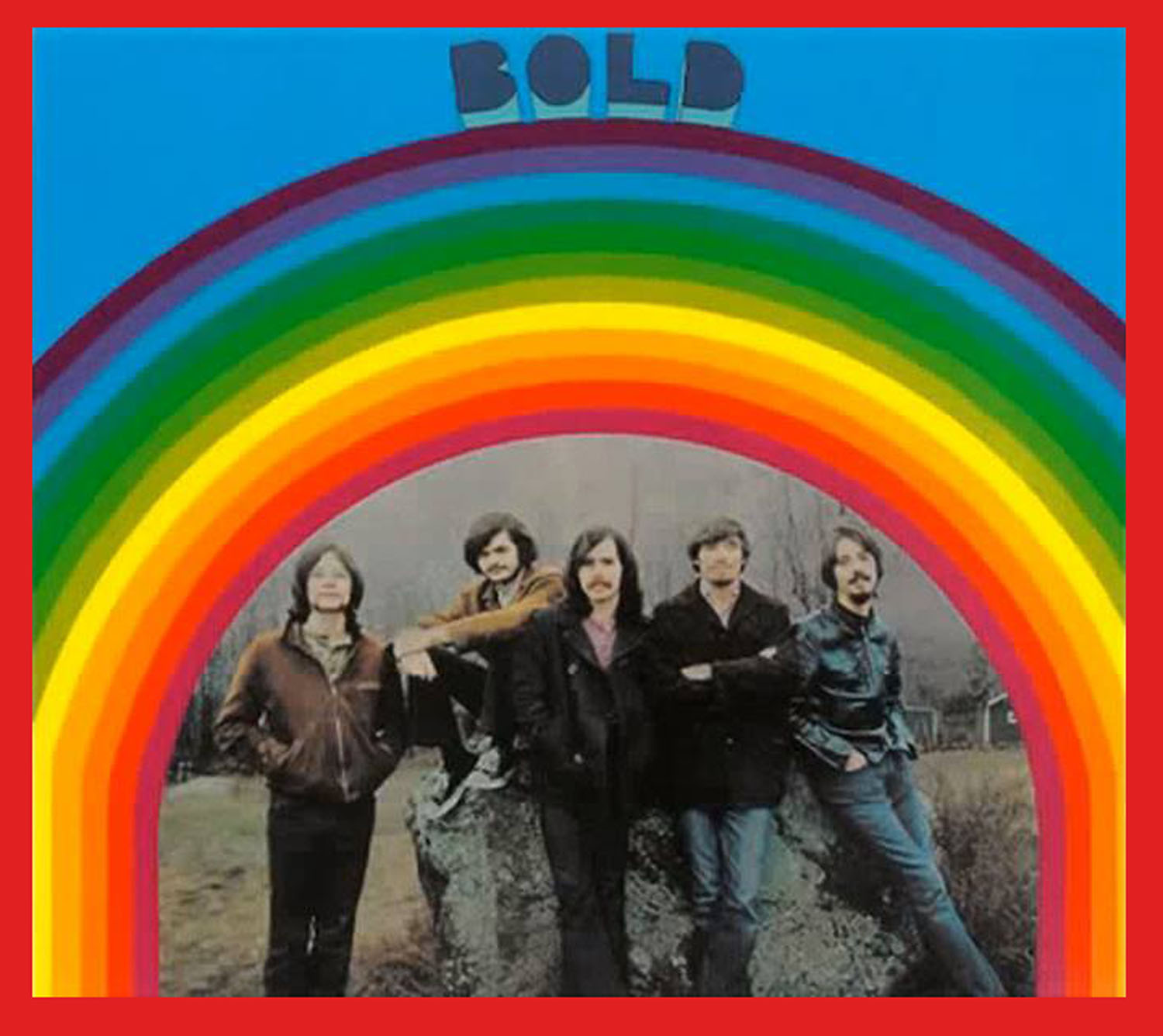'Futurist’ – One who predicts newly emerging technologies with marketing trends and financial opportunities. Futurists are deep thinkers with strong organizational skills... Also known as… Those who constantly push the envelope… And think outside the box.
Drummer Tim Griffin always had music in his heart and soul. Tim’s dad Larry, a noted entertainer, singer, and dancer in Western Massachusetts introduced him to tap dancing at the age of six. “My father’s dancing had a tremendous influence on me. His nickname was the ‘old smoothie’. His rhythm was always effortless”.
Tim’s sense of impeccable timing and taste as a drummer directly evolved from his tap skills as a young child. Unbeknownst to Tim at the time was that Buddy Rich had been tap dancing on Broadway at the age of four, while Louie Bellson attributed his amazing double bass drum techniques directly to his tap dancing skills.
"After showing up at my little league baseball game in tap shoes. I decided it might be time for a change. Needless to say, there was a lot of ridicule, embarrassment, and laughter. I then started playing the drums in 6th grade. It was just so much cooler than tap dancing”. I got my first drum set the following year, and played in both my junior high, and high school bands”.
During eighth grade, Tim began taking drum lessons with the legendary Joe Sefcik who had been Joe Morello’s first teacher. At age 14, wearing his brand new tuxedo…Tim began playing professionally with the Crystal Tones.
Tim’s first paying gig was at the Mountain Park Ballroom in Holyoke, Massachusetts. Right from the very beginning, Tim was playing high profile concerts with many well – known national recording stars. At the time, many groups just could not afford a touring group to back them up.
The Crystal Tones supported The Shirelles, The Dootones, The Dovells, The Five Satins, Freddy ‘Boom Boom’ Cannon, and numerous others. Roy Orbison was the very first musician to appear at Mountain Park with his own group. The Crystal Tones were also performing regularly at The Crystal Lake Ballroom in Ellington, Connecticut.
One fateful day while studying with Joe Sefcik, Joe invited Tim to a performance of the Dave Brubeck Quartet at Springfield (Mass.) Symphony Hall when The Dave Brubeck Quartet were at their peak. “Joe invited me as Joe Morello’s guest to see them in concert…That was probably the most influential and memorable show of all-time”.
There was one microphone on the stage four feet away from Paul Desmond. The group played and was balanced like a symphony orchestra. Joe had played most of the night lightly touching his bass drum, but had it tuned so perfectly to the room, that when he hit it hard, it had a deep architectural room resonance. It was the first time I met Joe Morello. We stayed until after the concert was over, and went backstage to help Joe, pack up his drums. Before we packed up, he let me sit behind his set and play them. I was scared to death. We stayed in touch over the years, but with some large gaps in time.”
Through Sefcik’s guidance, Tim learned many of Joe Morello’s techniques and began applying them to his own evolving vocabulary. One of the first lessons learned was the art of playing musically. Like Morello, Tim always focused on supporting the group effort…Listening carefully, and never getting in the way of the other musicians. Tim also understood the concept of impeccable timekeeping from the very start of his career.
By 1965, Tim Griffin’s reputation was firmly established as the ‘Go To’ drummer for any type of gig. It was around this time that the roots of ‘BOLD’ were beginning to grow. Then known as the Esquires, they recorded ‘Shake A Tail Feather’. Followed up in 1966, with, ‘Gotta Get Some’ by ‘THE BOLD’. With another single in 1967 by ‘Steve Walker and the BOLD titled ‘Train Kept A Rollin’. As the group firmly established themselves they settled on the name ‘BOLD’, and the rest is History. For the next five years ‘BOLD’ worked virtually every night. Soon afterwards, ‘BOLD’ were the house band for an extended stay at the renowned Playboy Club in New York City.
‘BOLD’ played three shows a night while also composing their own original music. They were also holding jam sessions on Sunday afternoons. Tim befriended a number of New York musical heavyweights including Bernard Purdie, Chuck Rainey, Paul Griffin, and Hugh McCracken. Tim’s reputation as a drummer was also gaining ground. He began subbing for friend Bernard Purdie on numerous demos, and was an original member of ‘The Drummer’s Club’. This group shared the costs of storing drums and cymbals at many New York studios to save on cartage, and have the necessary equipment available for a recording session at a moment’s notice.
As the buzz surrounding ‘BOLD’ was heightening, within months they had signed a record deal at ABC Records with Bill Symczik producing. Later on Symczik produced ‘The James Gang’, ‘Joe Walsh’ ‘The Eagles’ and numerous others.
'BOLD’ on ABC Records was recorded at The Hit Factory in New York City and mastered at Sterling Sound by Lee Holko. The album was released in 1969 featuring an eclectic mix of originals and covers by Bob Dylan and Buffalo Springfield.
‘BOLD’ - ABC Records - 1969 - ABCS-705
"Bold" (side 1)
1.) Lullaby Opus Four (instrumental) (Mike Chmura) - 2:10
2.) All I Really Want To Do (Bob Dylan) - 4:54
3.) Friendly Smile (Steve Walker) - 2:53
4.) Changing Seasons (Dick La Freniere) - 2:57
5.) Factory (Version 3) (Steve Walker) - 3:42
6.) Crystal Chambers (Mike Chmura) - 7:21
"Bold" (side 2)
1.) Free Fugue (instrumental) (Robert La Palm) - 2:45
2.) Child of Love (Steve Walker) - 4:46
3.) For What It's Worth (Stephen Stills) - 3:37
4.) It's All Over Now Baby Blue (Bob Dylan) - 5:02
5.) Words Don't Make It (Steve Walker) - 4:18
‘BOLD’ then went on tour to promote their new album. Months before Woodstock they were opening for both Janis Joplin and The Jimi Hendrix Experience. Later in 1969, they made their triumphant return to Western, Massachusetts when over a thousand fans showed up to see ‘BOLD’ in concert at Pulaski Park in Northampton. So many kids skipped classes to be at the show, that the schools were virtually empty. They were touring non-stop but ABC Records had basically stopped promoting the album. ‘BOLD’ kept on playing… But eventually came to an end in 1970.
-End of of Part 1







